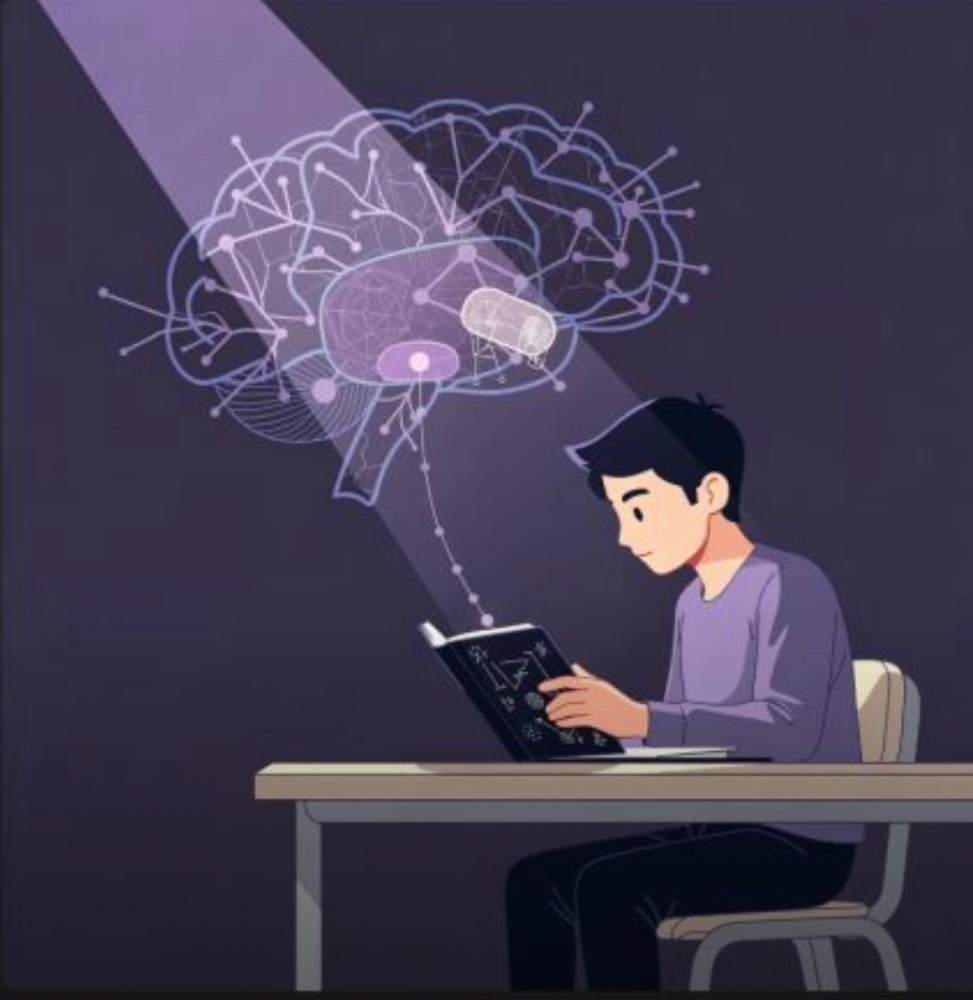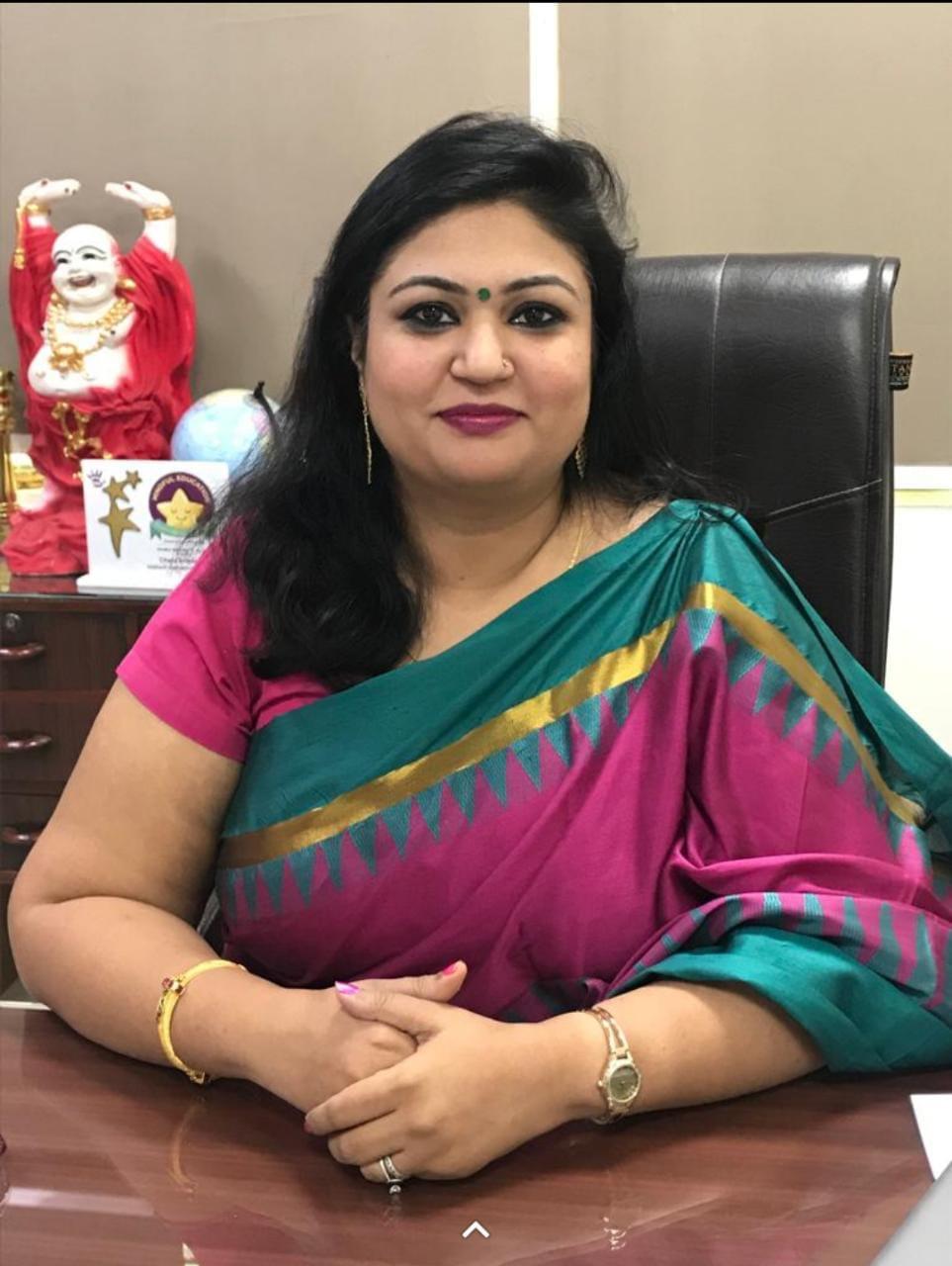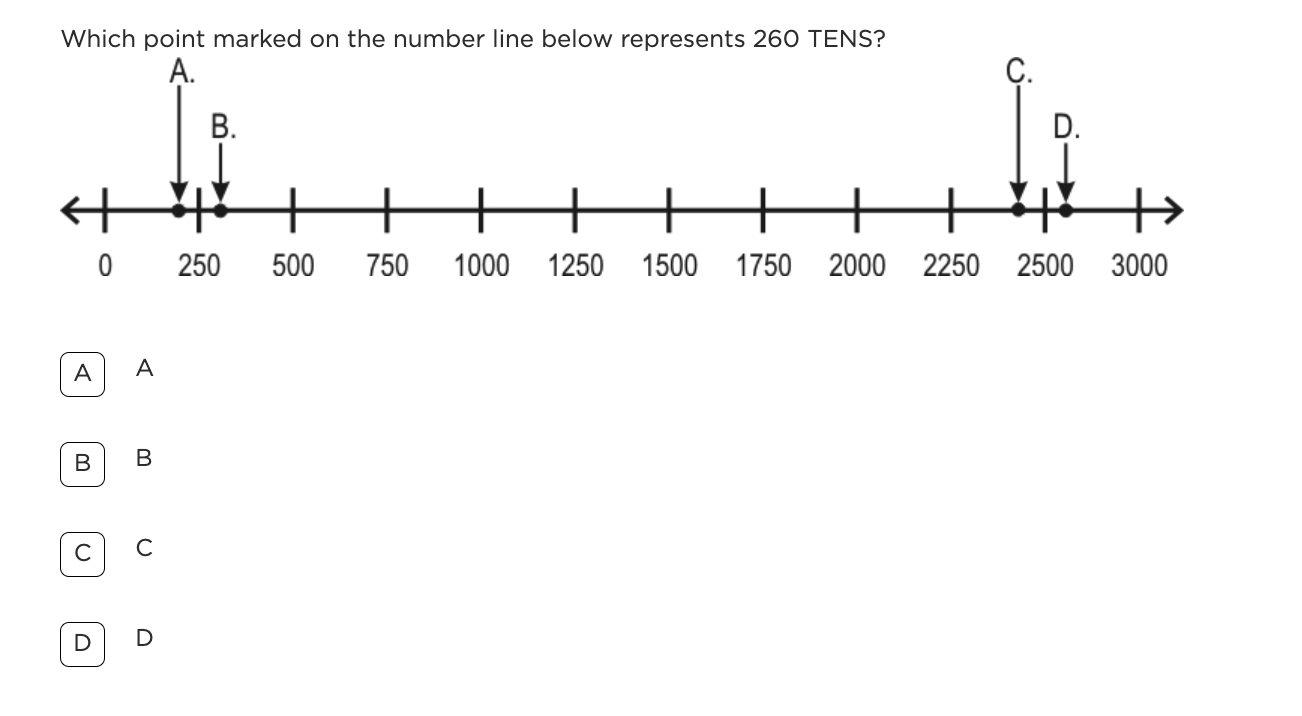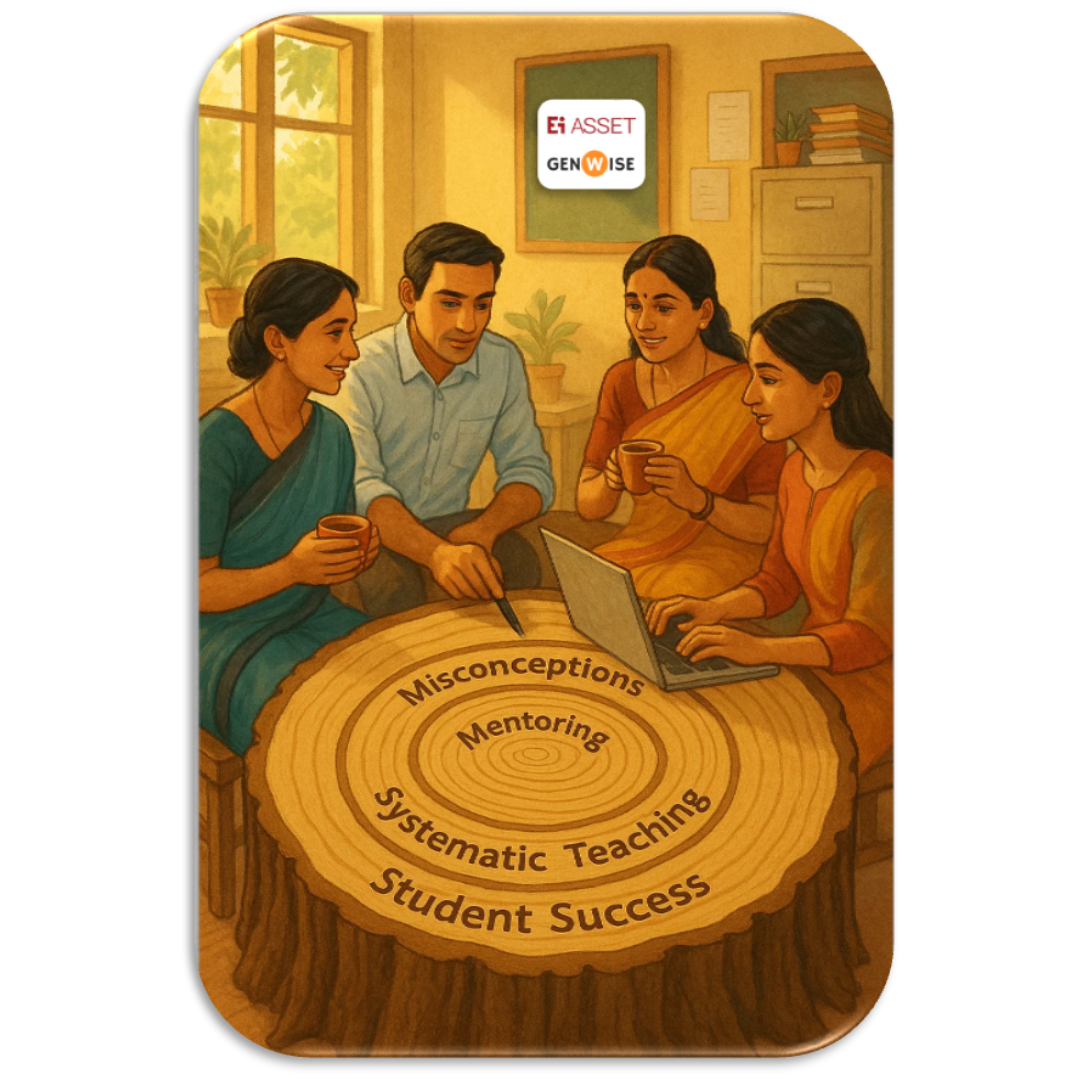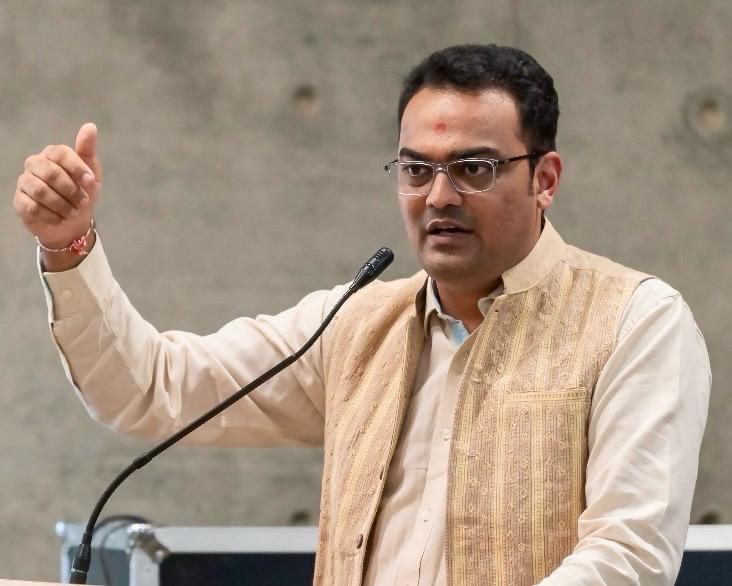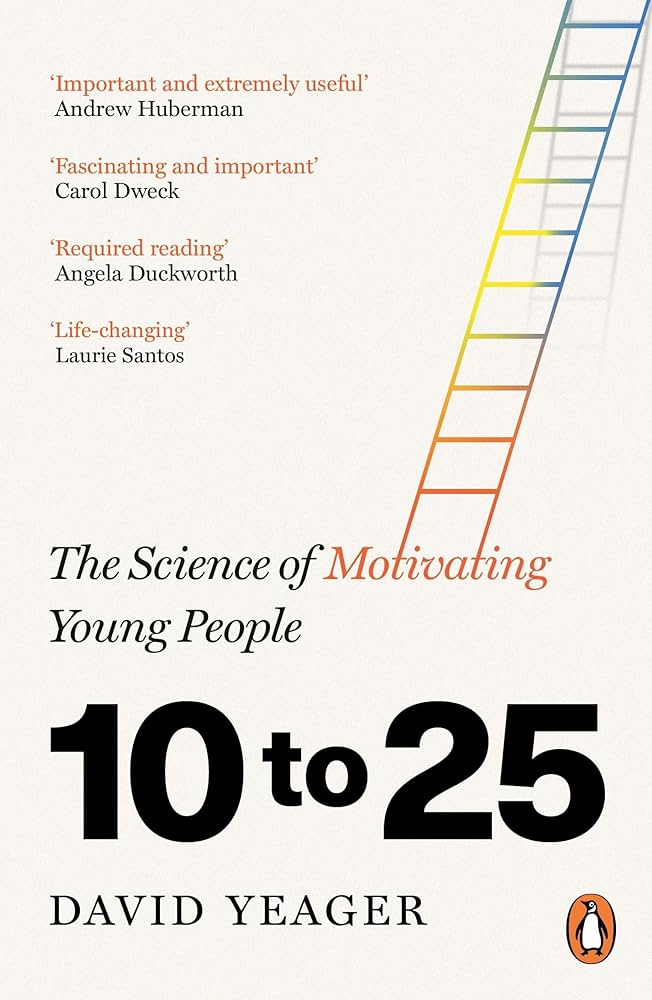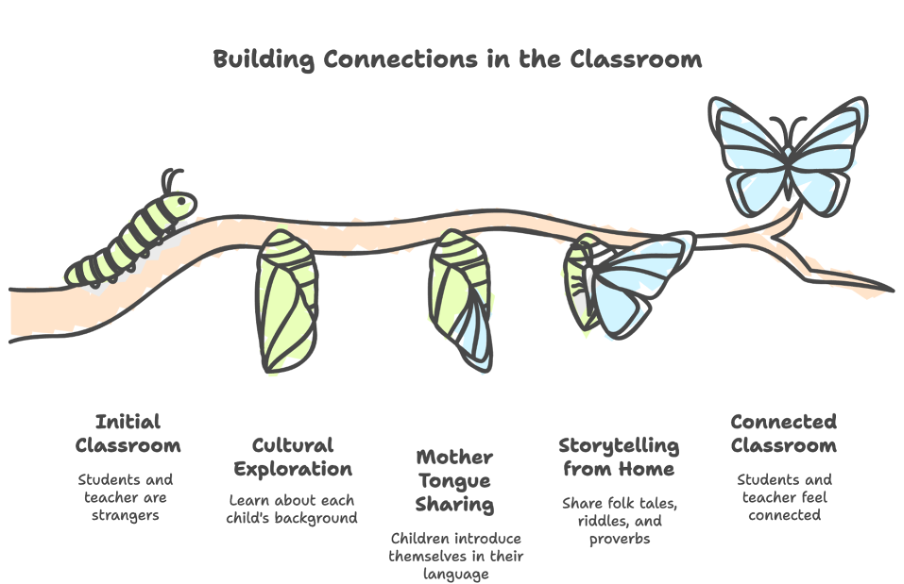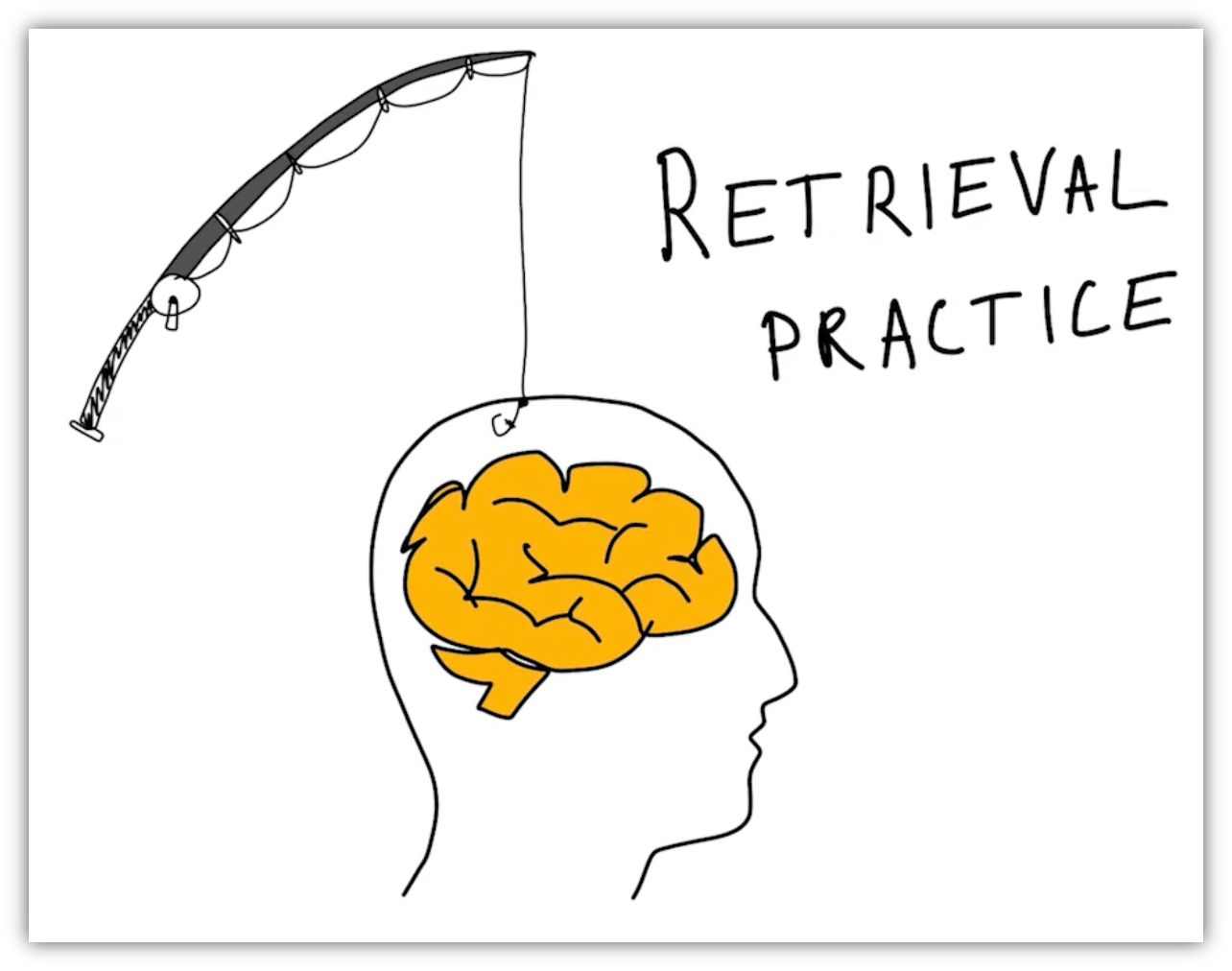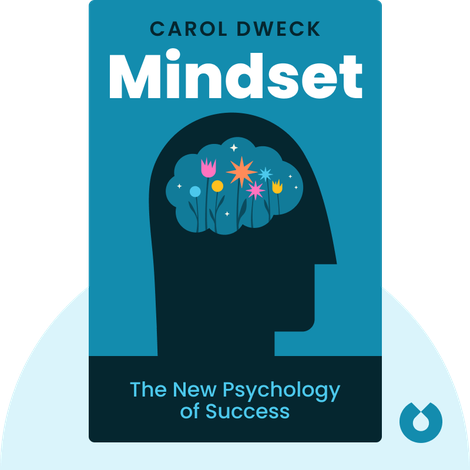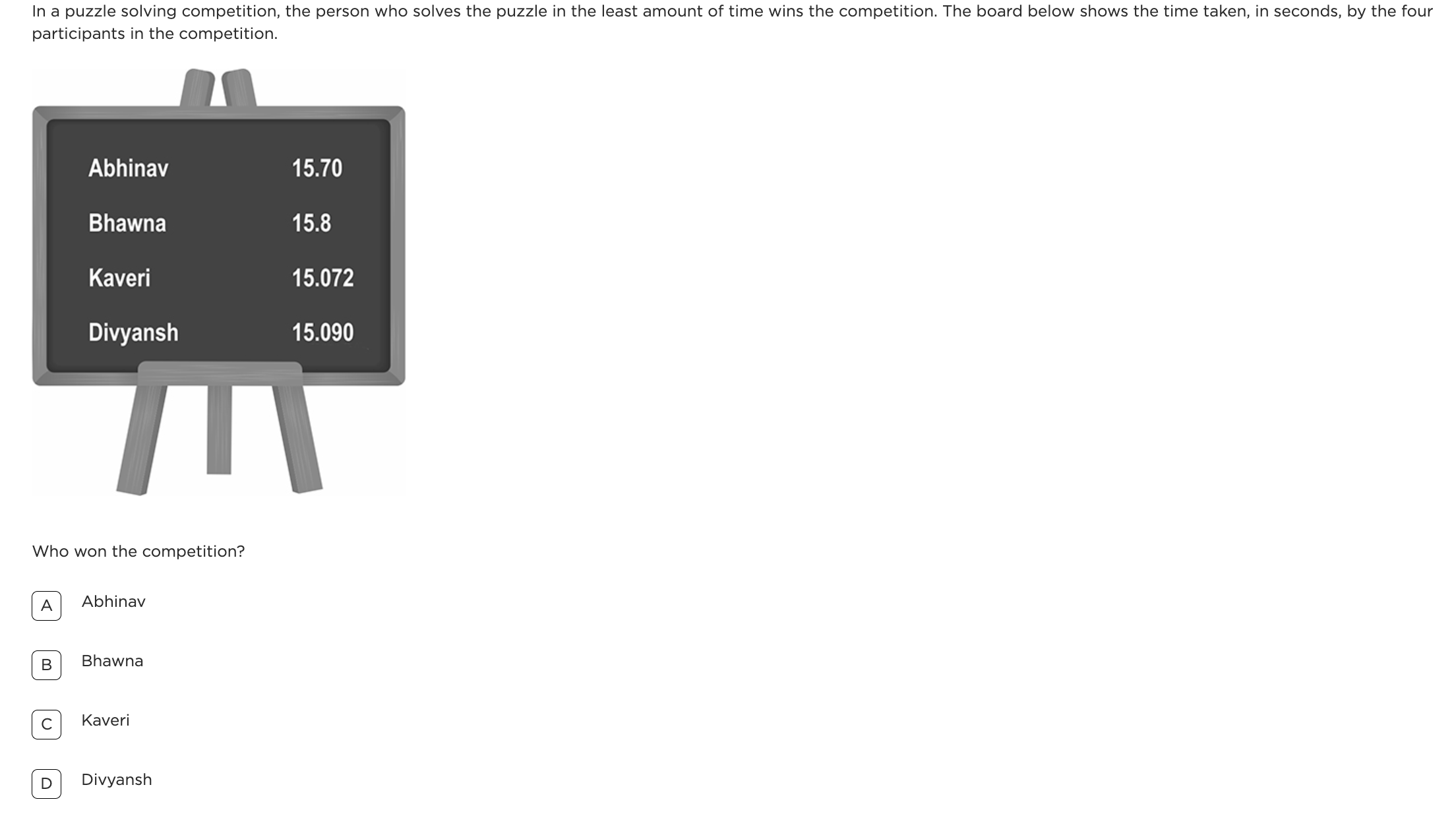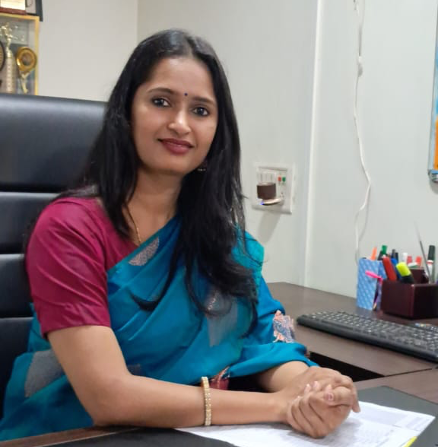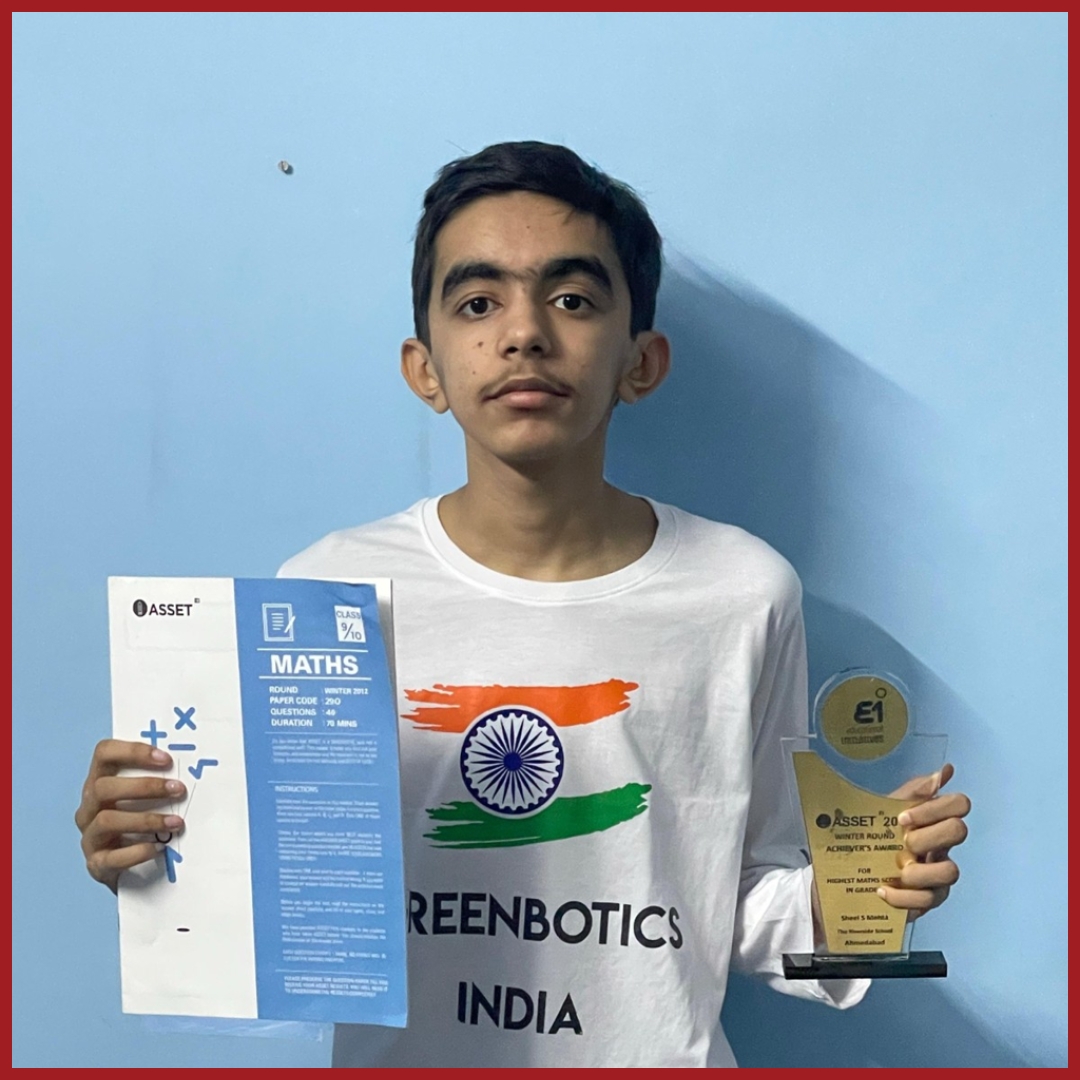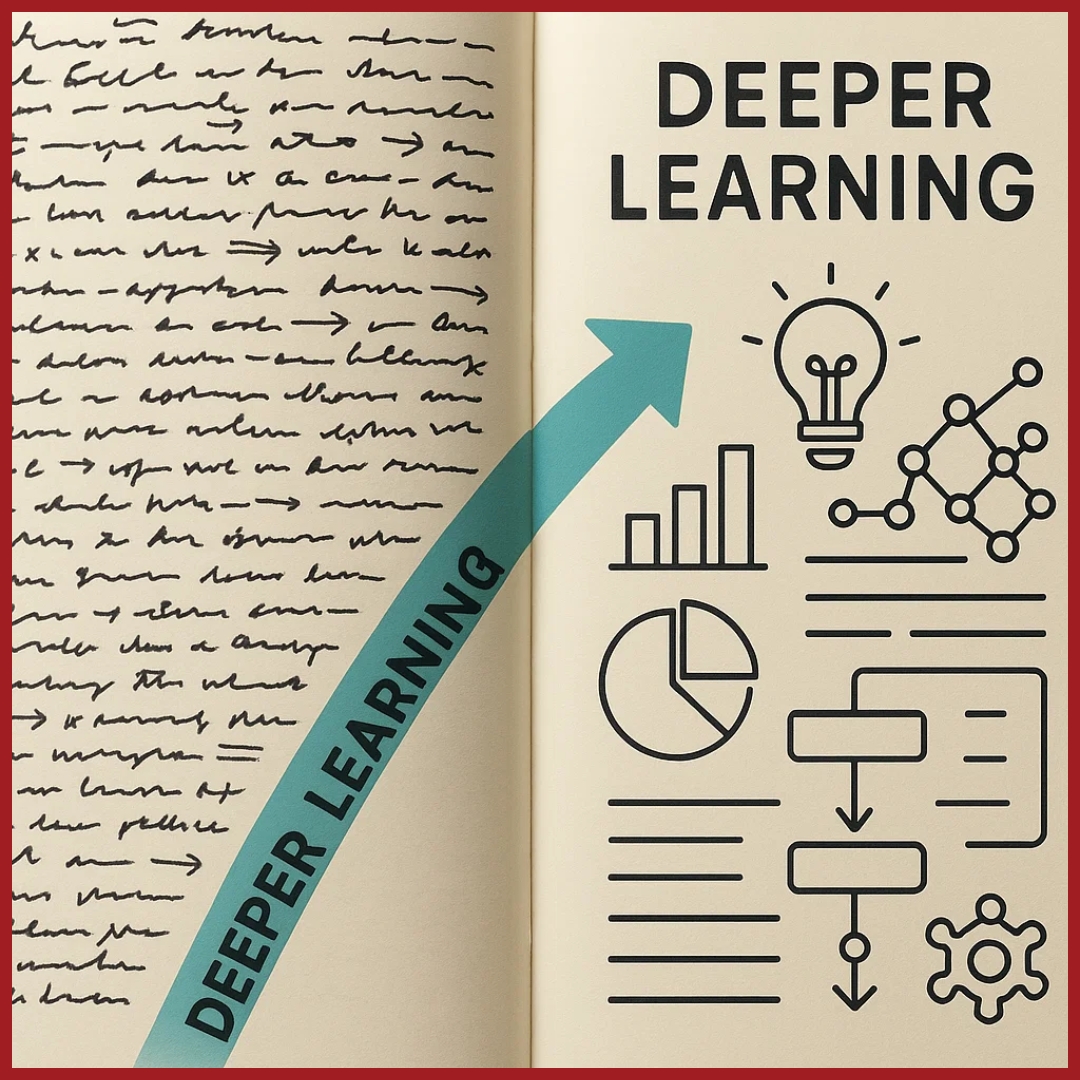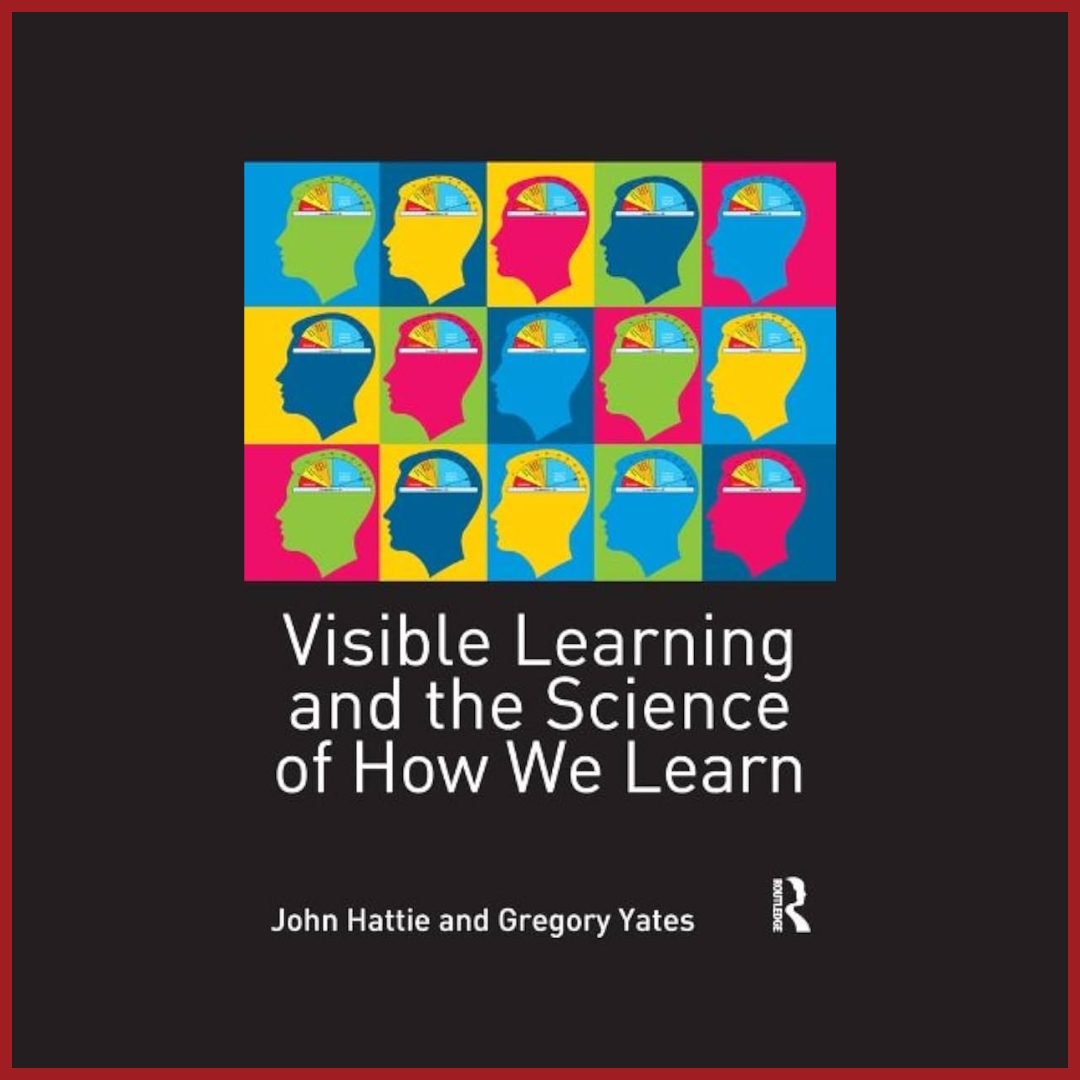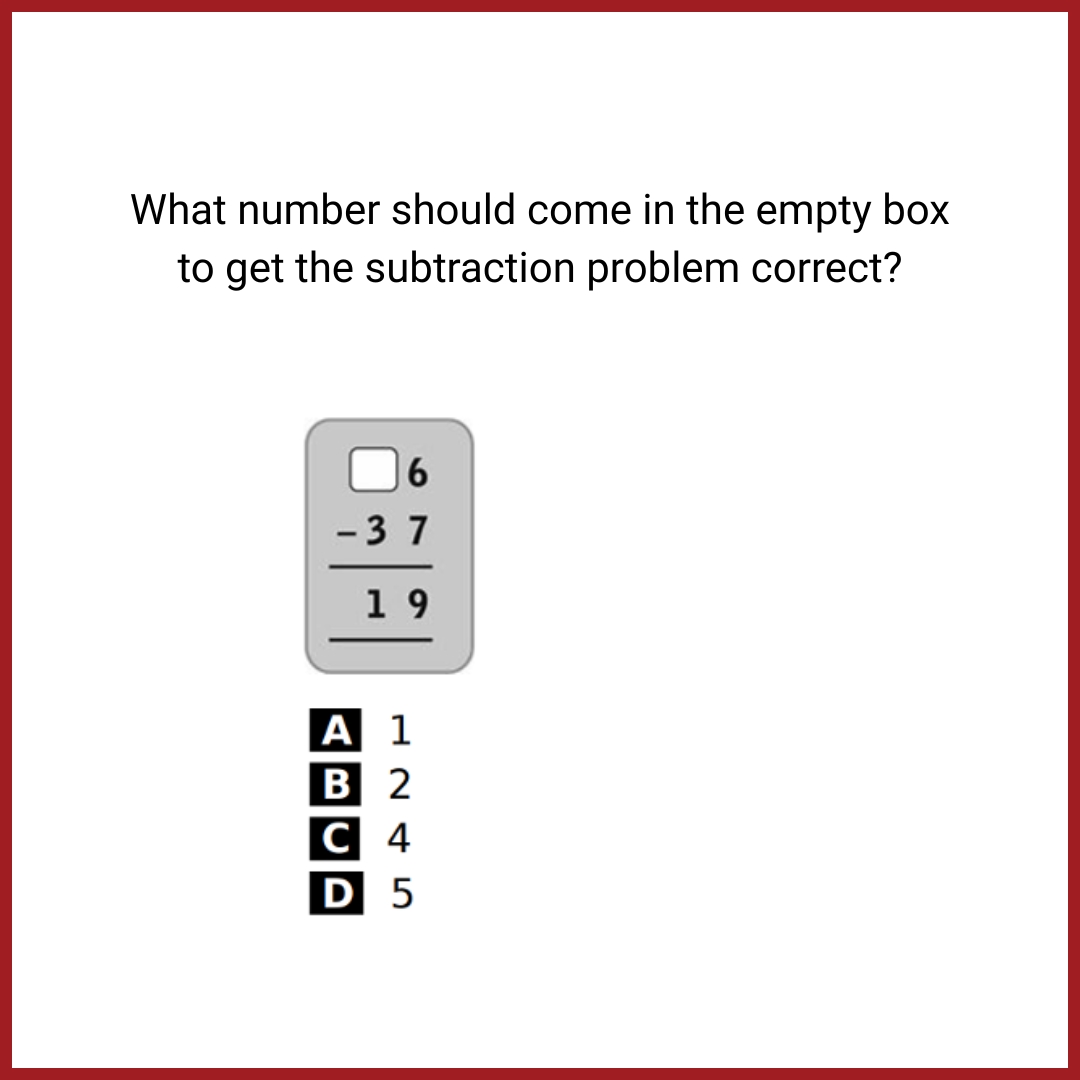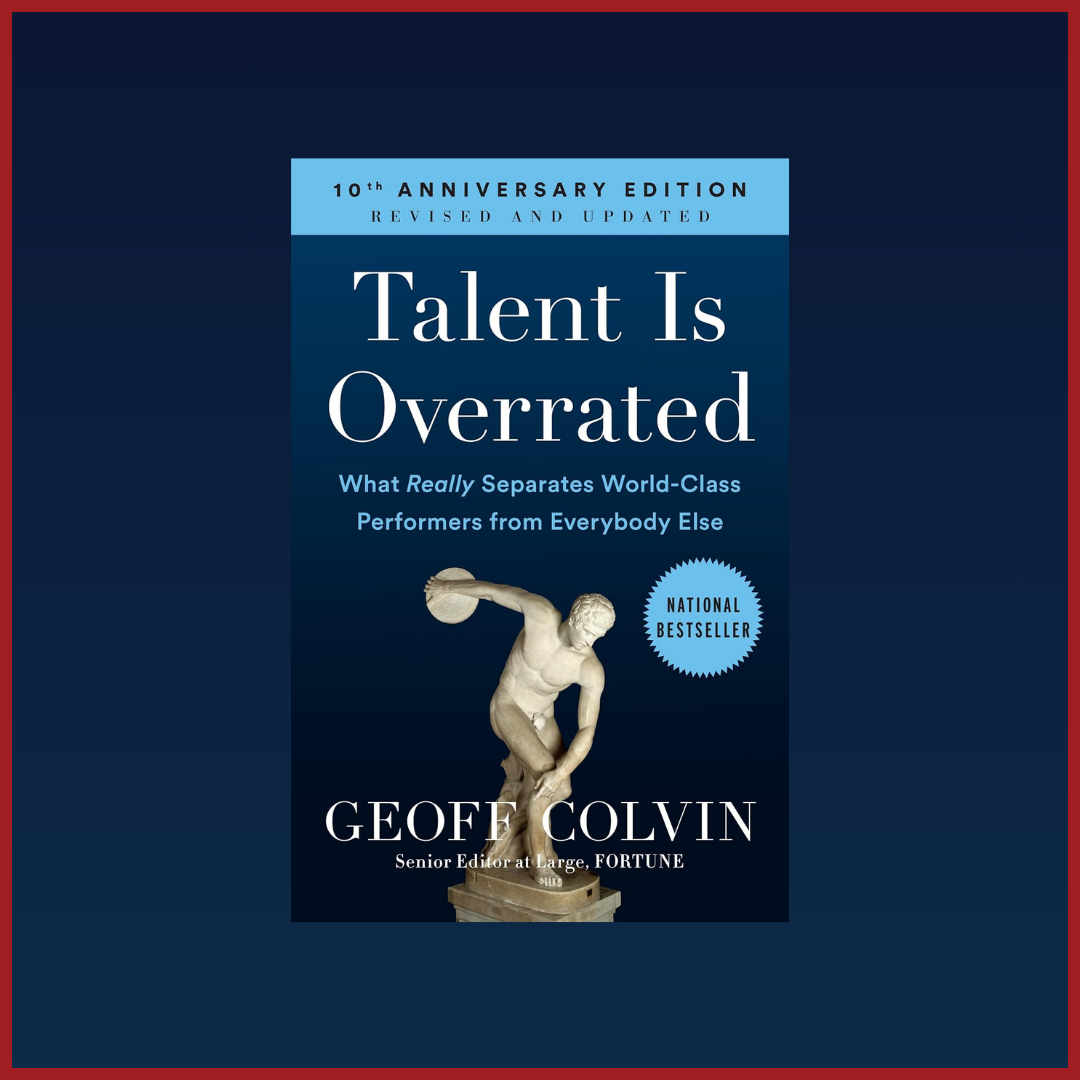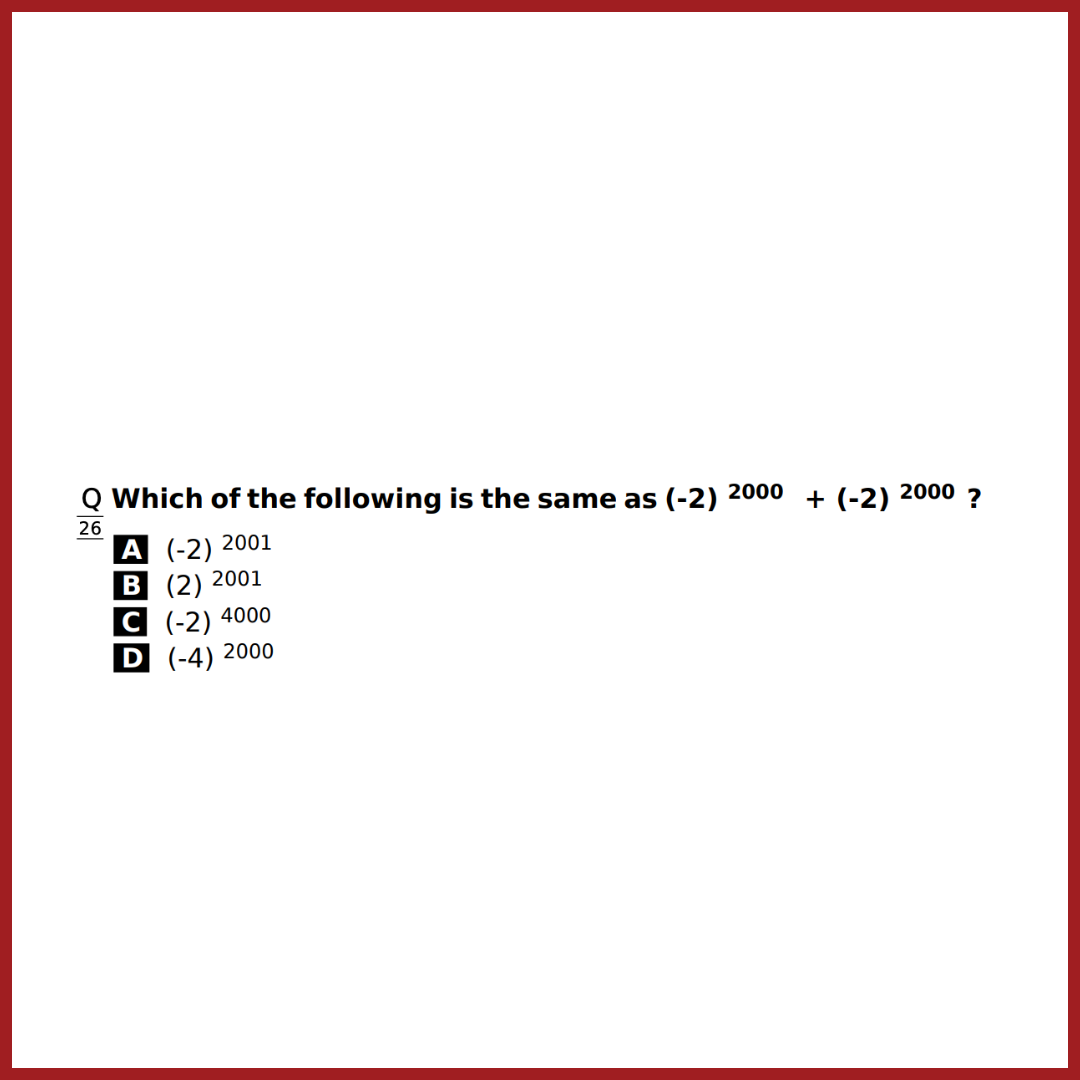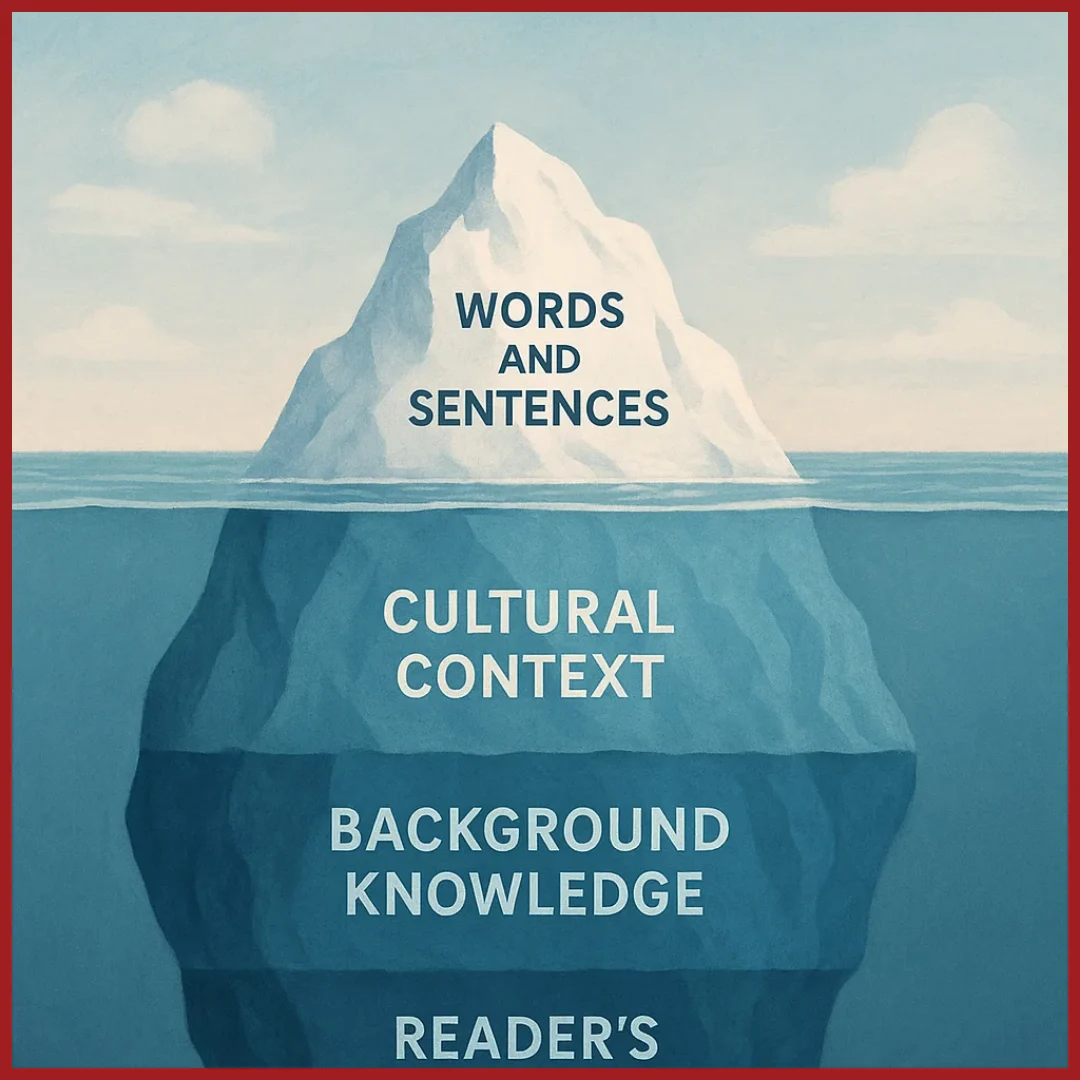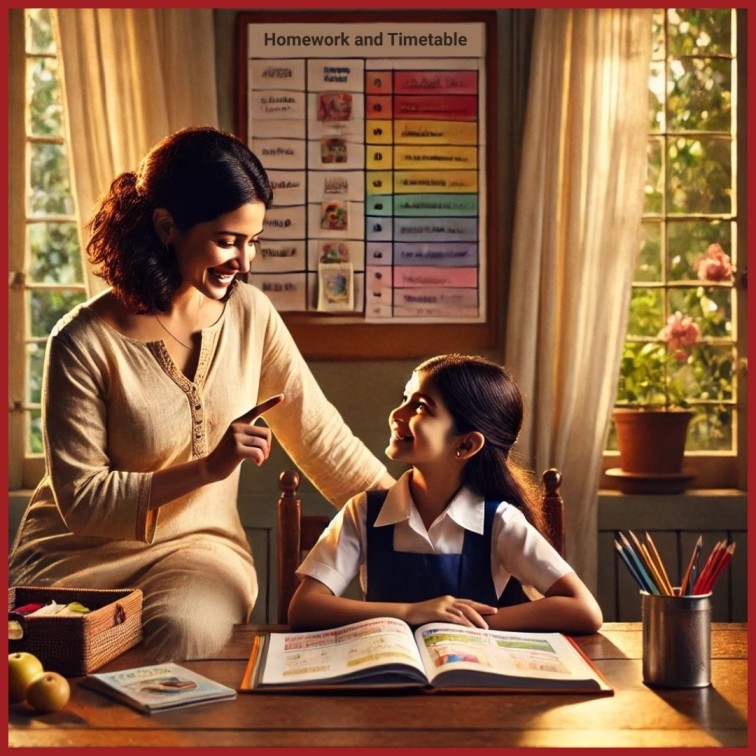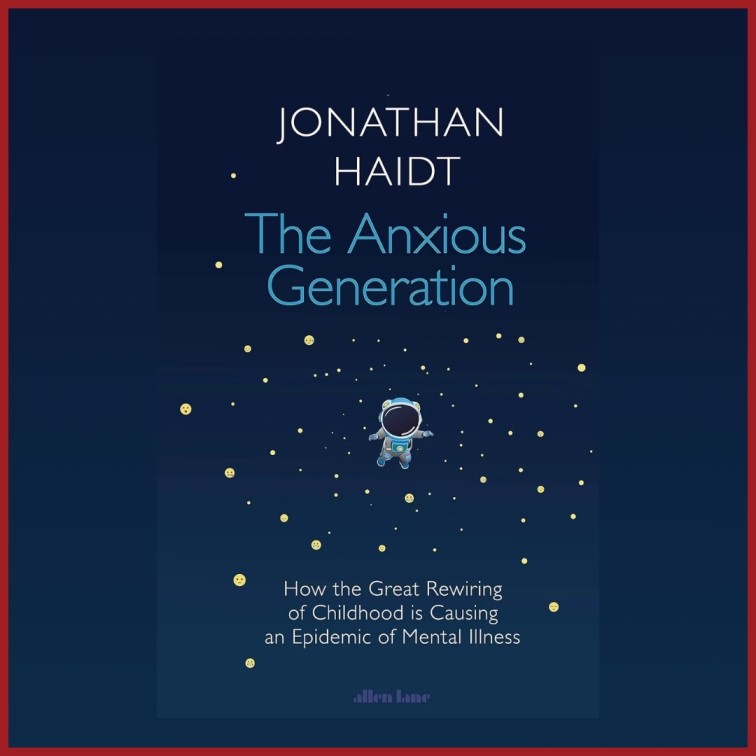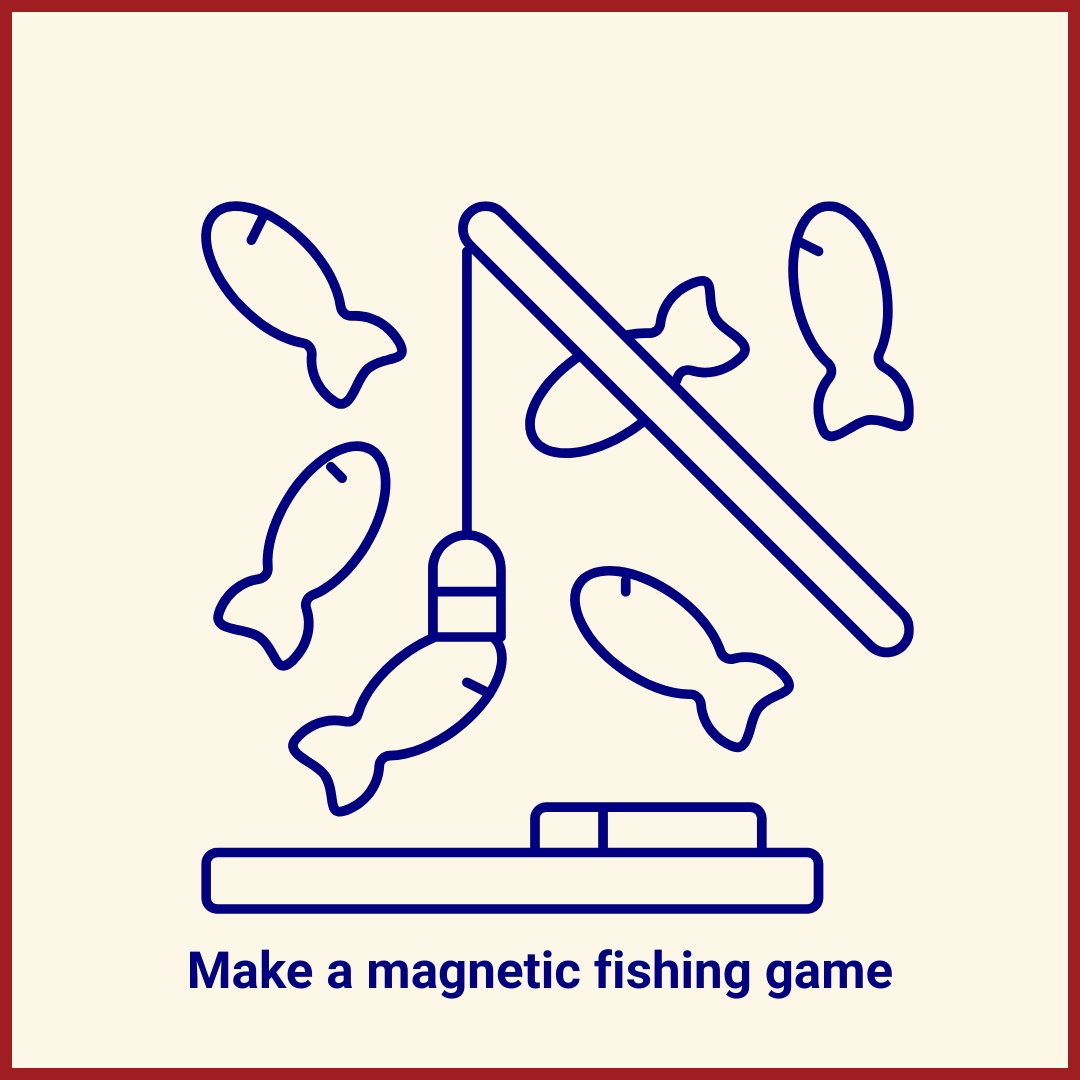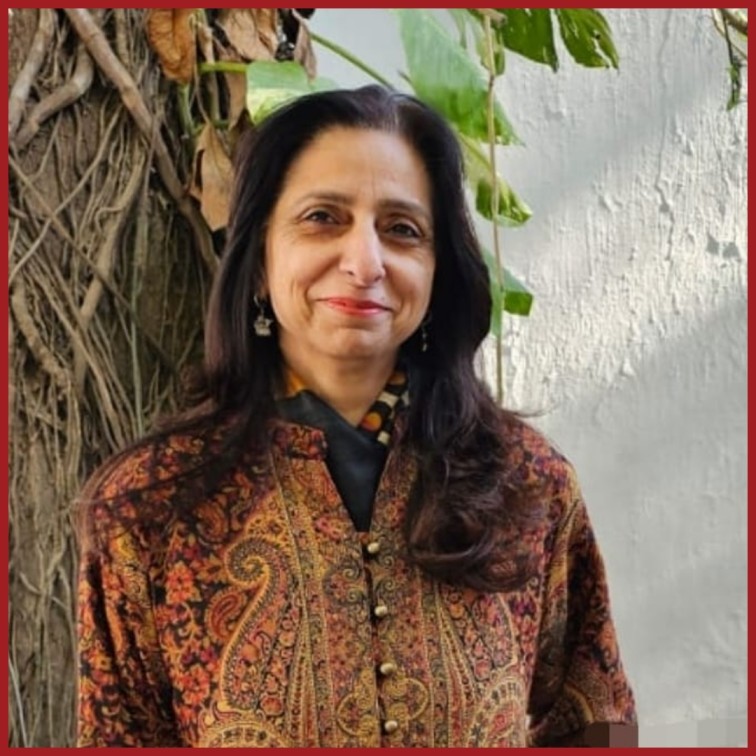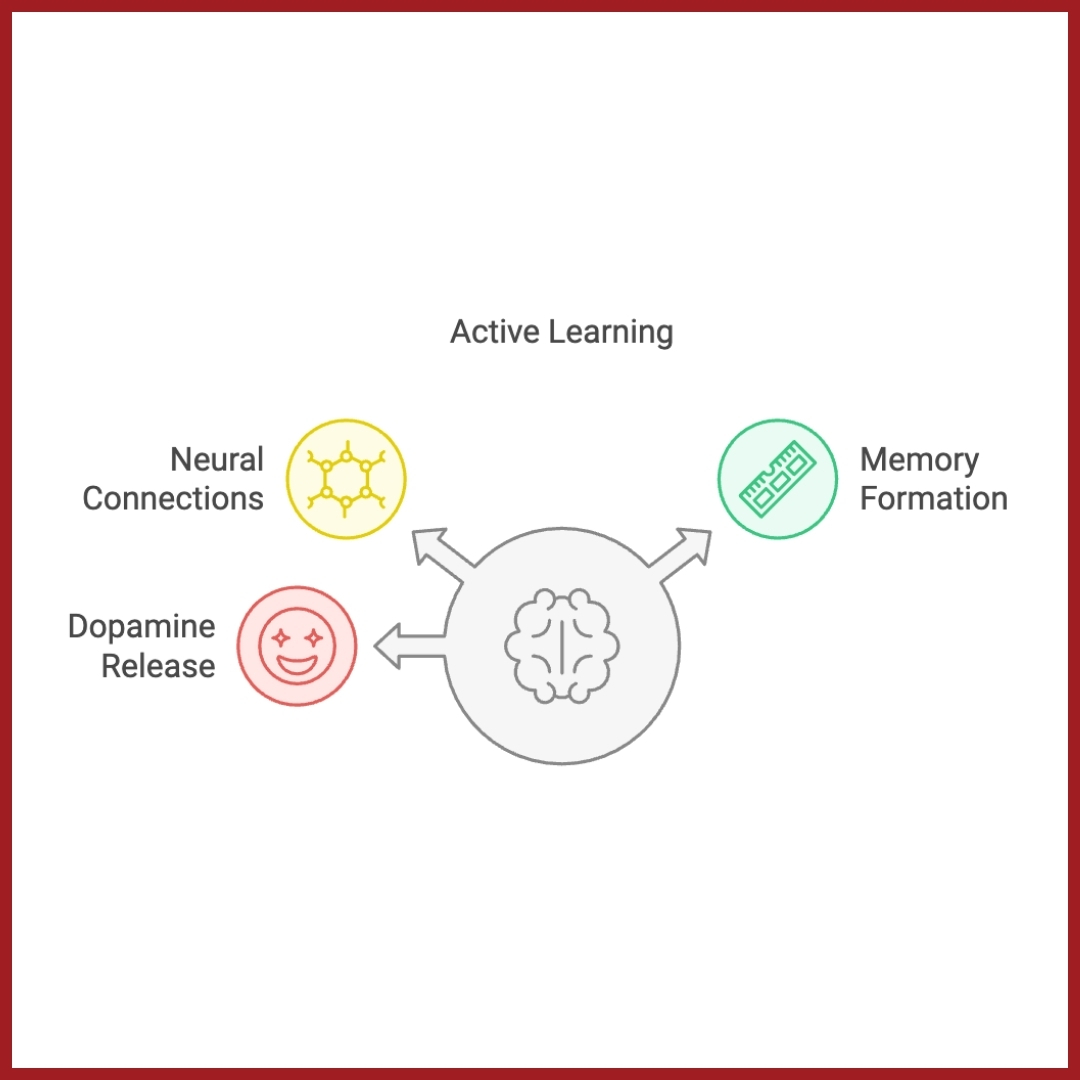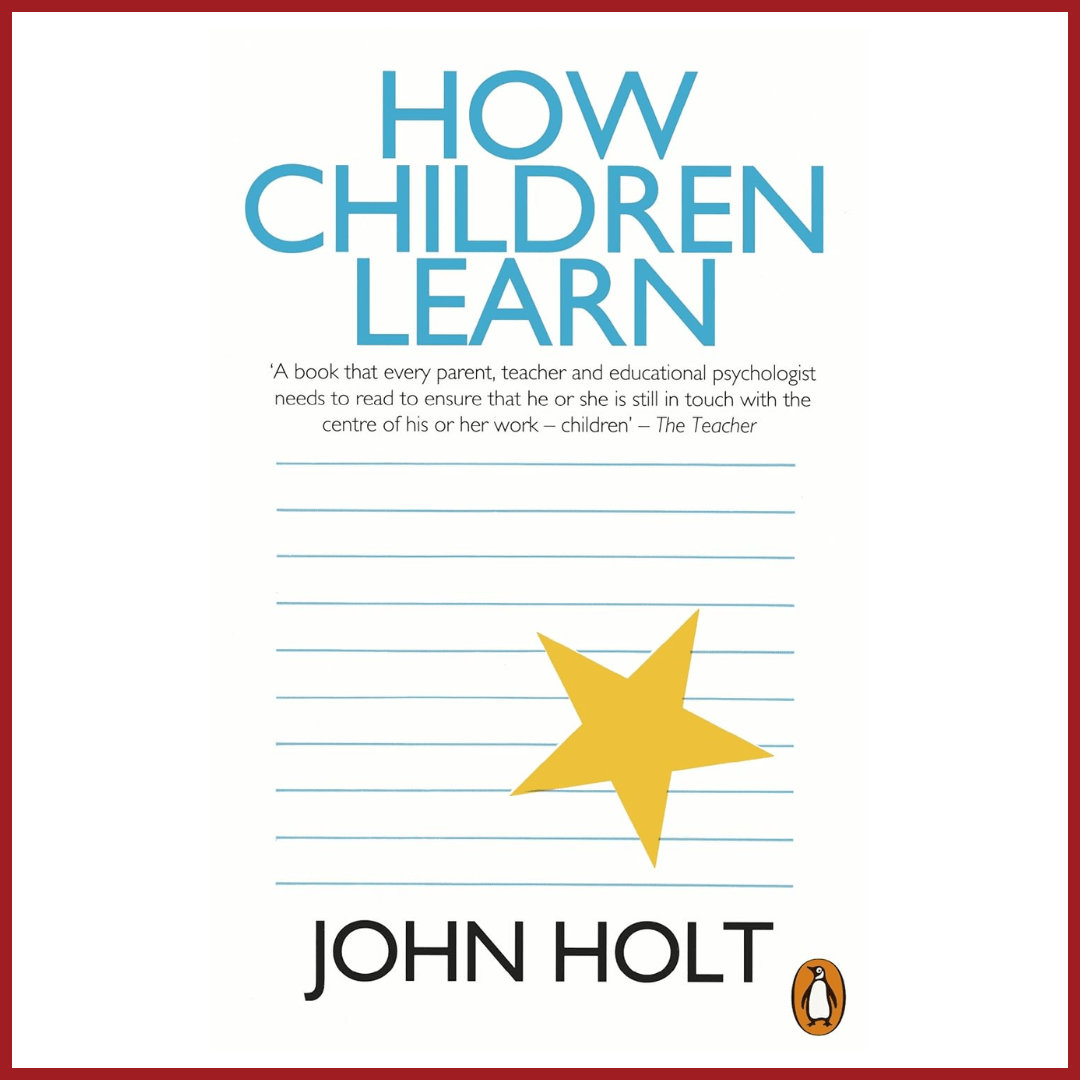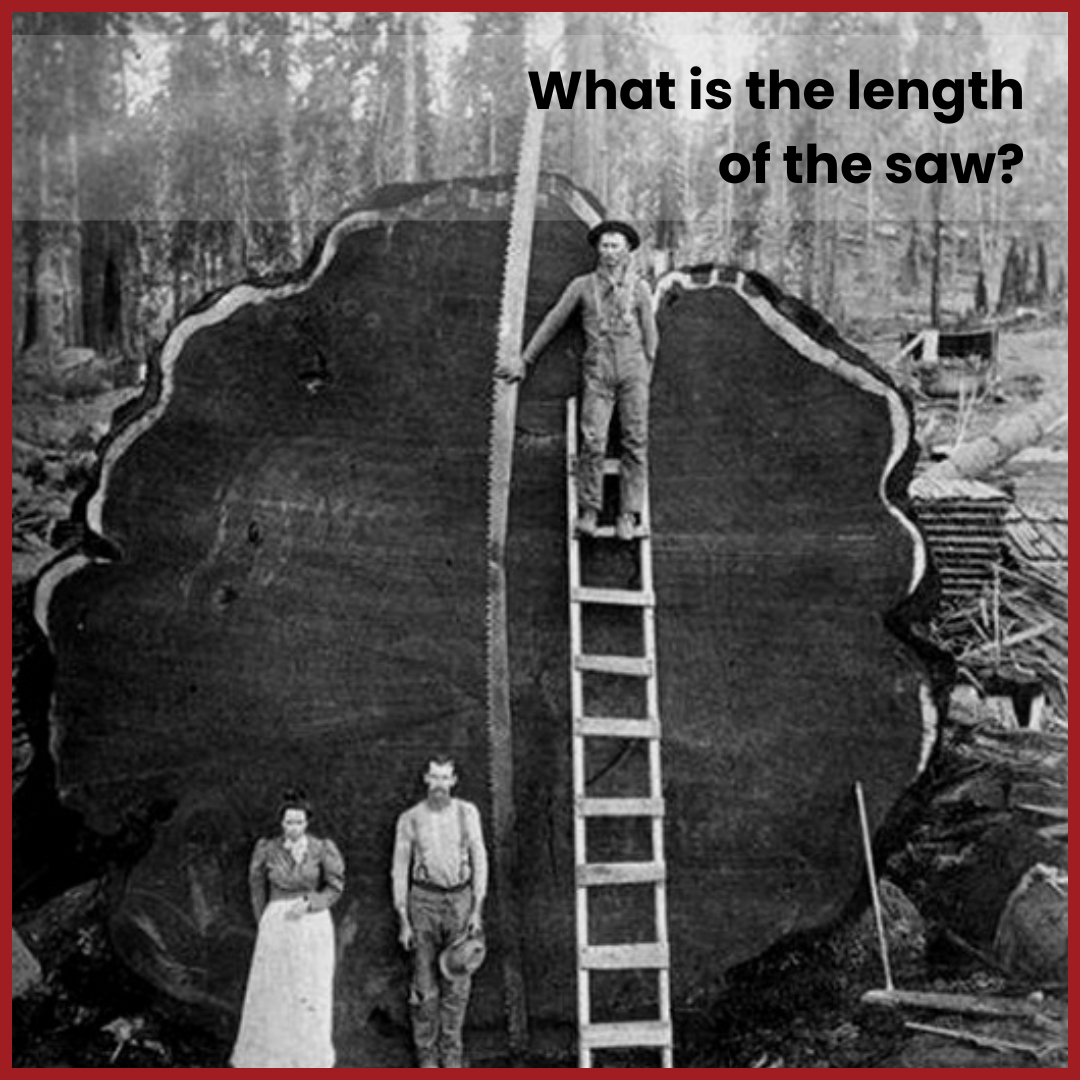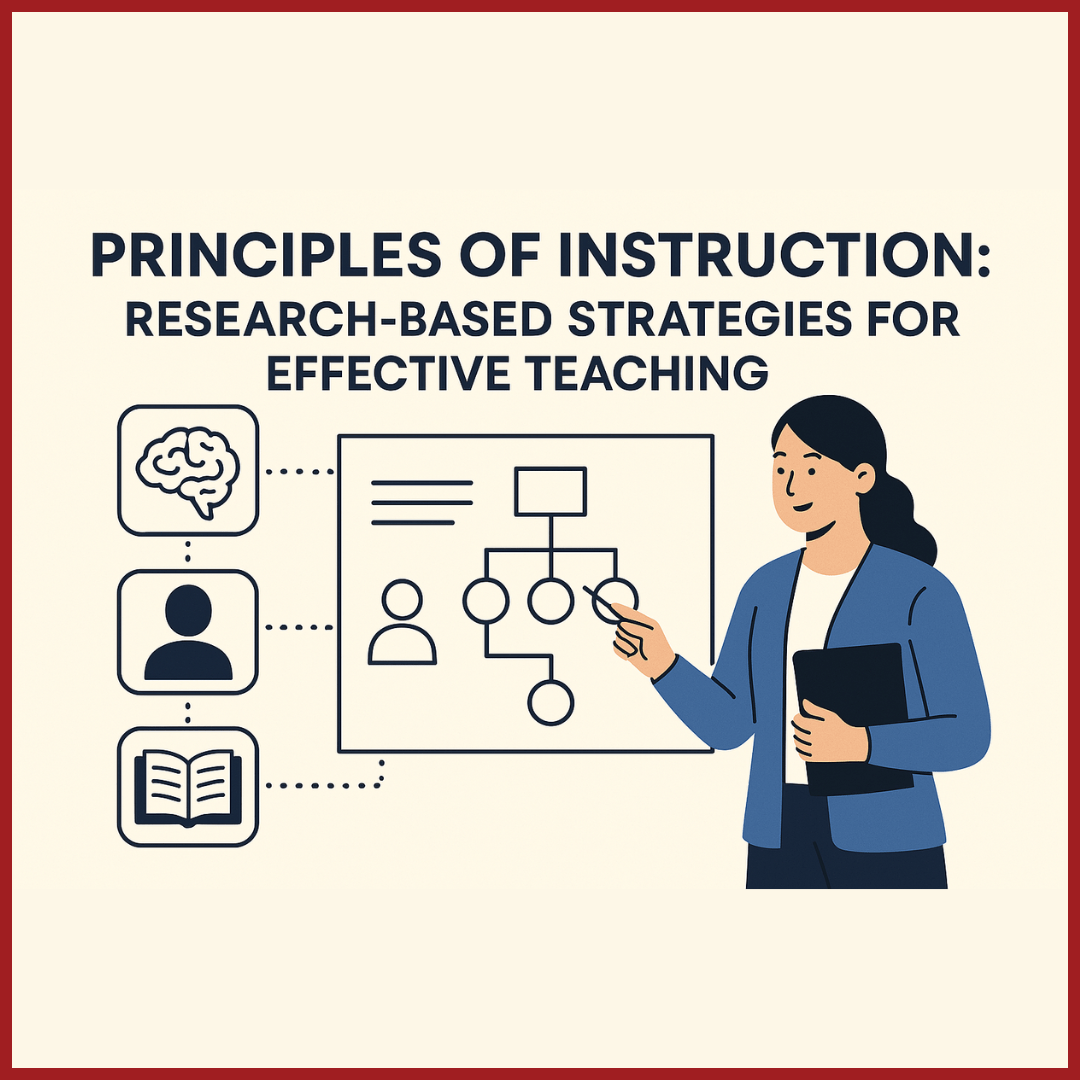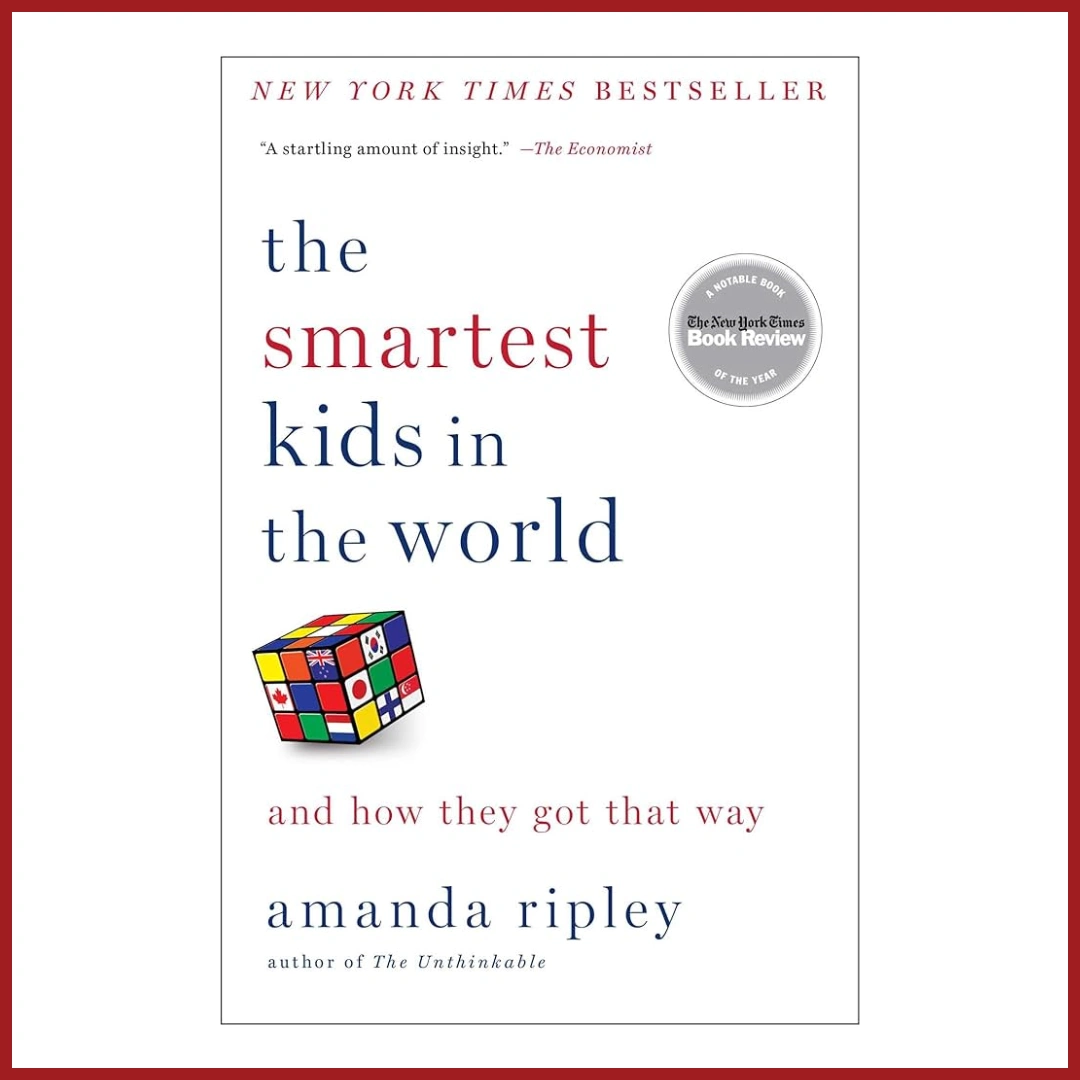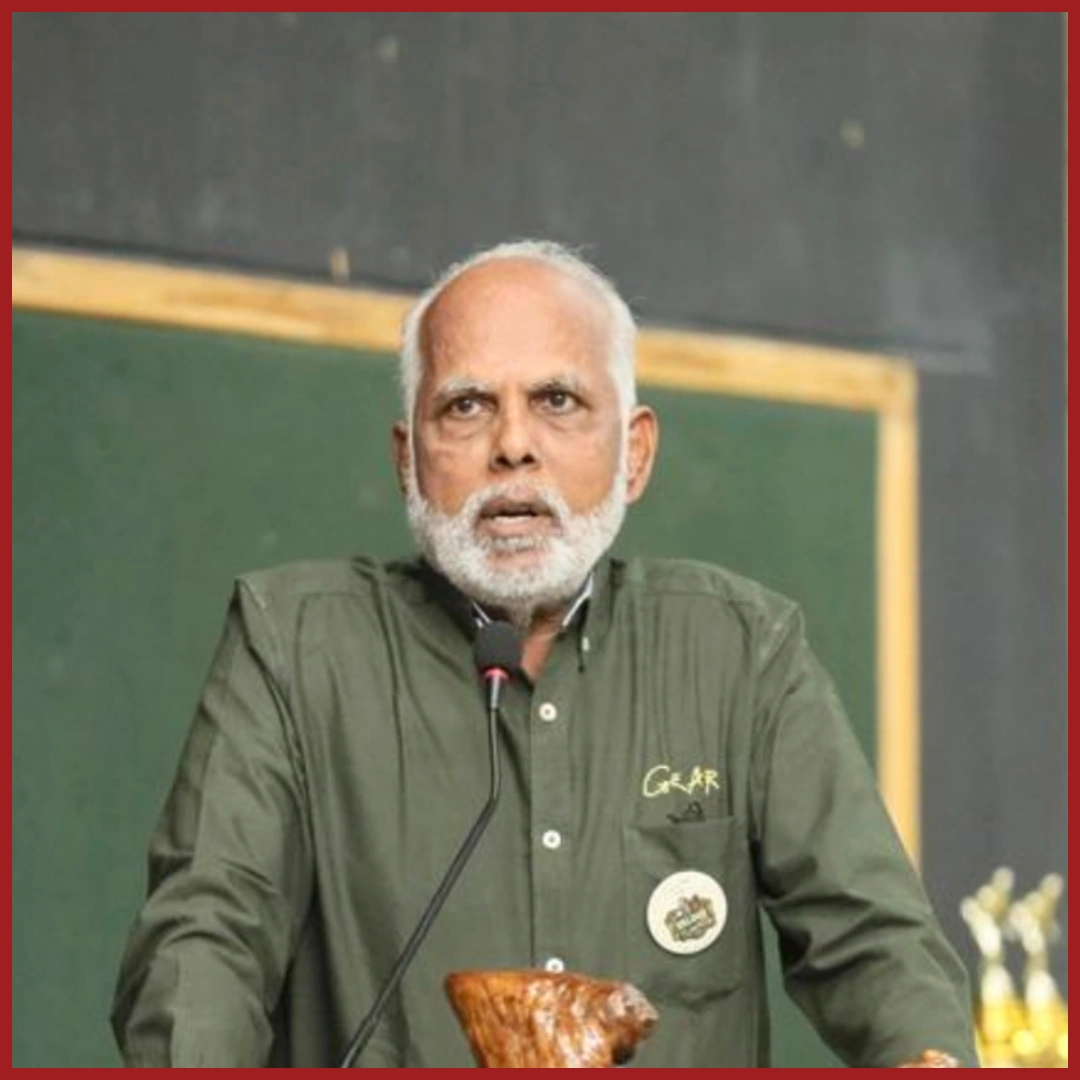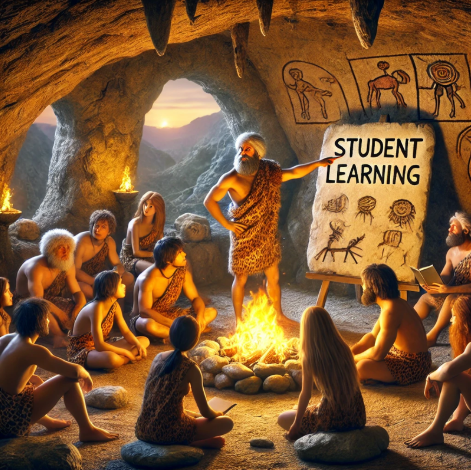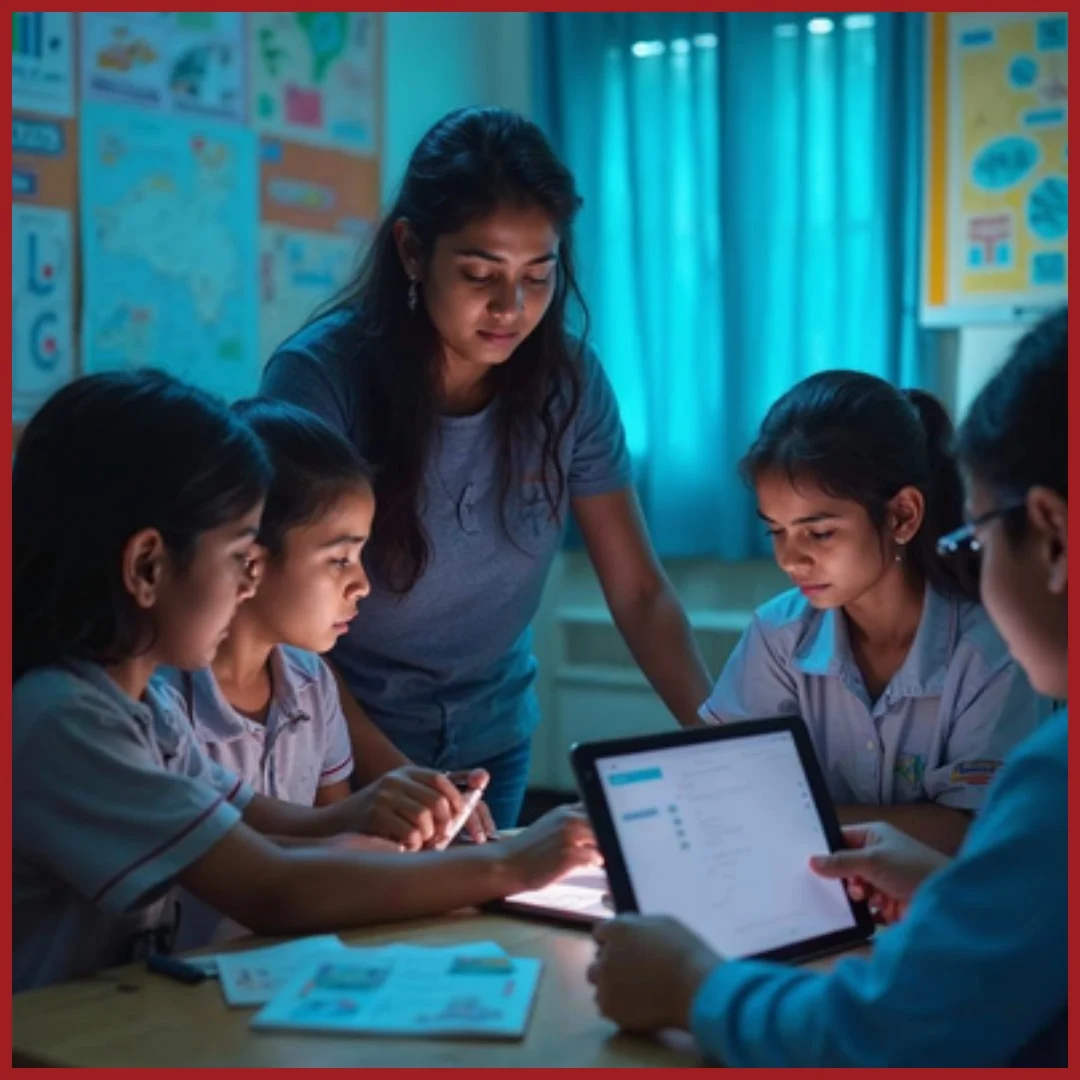Edition 09 | September 2025
Feature Article
Micro-credentials for K−12: Recognising Skills
Beyond Grades

Every Skill Counts. Every Child Shine
In most schools, a student’s ability is summarized in a report card — a neat column of grades for each subject.
But can marks alone capture a child’s creativity, leadership, empathy, or problem-solving ability? More and more
educators agree: the answer is no. Across the world, schools are experimenting with micro-credentials to
recognize skills that traditional grading overlooks, giving a fuller, richer picture of what learners can actually do.
What Are Micro-credentials?
Micro-credentials are small, verified recognitions of specific skills or competencies. Unlike broad subject grades,
they are focused and skill- specific. Think of them as mini-certificates or digital badges a child can earn for
demonstrating a clear ability — whether it’s coding a simple app, leading a community clean-up drive, or
delivering a powerful speech. They celebrate achievements that may never appear on a transcript but are crucial
for real-world success.
The above graph shows how skill recognition is rated higher than grading system.
Note: The figure shows the number of micro-credentials offered on Coursera, edX, FutureLearn and Udacity.
Why Do K–12 Students Need Them?
Children’s abilities stretch far beyond textbook knowledge. Some excel in teamwork, others in creativity, and
many shine in resilience or empathy. Micro-credentials:
- Make invisible skills visible — from collaboration to leadership.
- Encourage self-paced, passion-driven learning.
- Motivate students by recognizing effort as well as outcomes.
- Value diverse learner strengths, supporting inclusivity.
- Help students build career-ready portfolios from an early age.
A Skills Framework for K–12
Each badge, certificate, or portfolio entry makes a student’s skills visible— to teachers, parents, and even future employers.
How They Work in Schools
For instance, a student who runs a school recycling campaign could earn an Eco Guardian badge, while another
who tutors younger peers might be awarded a Peer Mentor badge.
Global Examples:
New Zealand: Primary schools use badges to recognize literacy and empathy skills.
- USA: High schools integrate digital portfolios with graduation requirements.
- Finland: Micro-credentials support project-based learning and creativity.
Indian Examples:
- CBSE schools are piloting skill-based report cards aligned with NEP 2020.
- Atal Tinkering Labs (ATL) awards innovation badges to young inventors.
- Some state boards are experimenting with community service recognition badges.
- NEP 2020 (India): The policy emphasizes competency-based education, experiential learning, and holistic progress cards. Micro-credentials can act as the building blocks of these progress cards, ensuring every child’s unique abilities are documented and valued.
- CBSE & PARAKH Frameworks: Both stress formative assessment, 21st-century skills, and competency rubrics. Badges can map directly to these frameworks, ensuring recognition is standardized.
- OECD & PISA:Internationally, PISA’s new focus on collaborative problem-solving, creativity, and global competence mirrors the very skills micro-credentials highlight. Indian schools adopting badges would therefore be better aligned with global benchmarks.
- UN Sustainable Development Goals (SDGs): Particularly SDG 4 (Quality Education), which calls for inclusive, equitable education and lifelong learning. Micro-credentials offer a concrete way to track and celebrate lifelong learning skills from an early age.
Challenges to Consider
Like any educational innovation, micro-credentials need thoughtful implementation:
- Assessment reliability:Ensuring badges represent genuine skills, not just participation.
- Teacher readiness: Educators need training on designing and assessing skills with rubrics.
- Technology access: Many schools still lack digital infrastructure for badges and portfolios.
- Standardisation: Without common frameworks, badges may lose credibility across schools.
The Way Forward
Education is shifting from “marks matter most” to “skills shape success.” In India, this transformation is not
optional — it is mandated by policy, demanded by industry, and needed for students’ futures.
Imagine a student graduating not only with exam scores but also a skills passport — filled with badges for leadership, innovation, empathy, and global citizenship. That’s a transcript that tells the whole story of a learner. Grades measure knowledge. Micro-credentials recognize potential. Together, they form a balanced picture of what a child can truly achieve.
The time has come for schools to act. Every school should pilot a skill-based recognition system — even if it starts with just one badge. Small steps today will build a culture where every child’s talent, effort, and contribution is seen, celebrated, and remembered. Because in tomorrow’s world, it won’t just be marks that matter — it will be the skills that make a difference.
Imagine a student graduating not only with exam scores but also a skills passport — filled with badges for leadership, innovation, empathy, and global citizenship. That’s a transcript that tells the whole story of a learner. Grades measure knowledge. Micro-credentials recognize potential. Together, they form a balanced picture of what a child can truly achieve.
The time has come for schools to act. Every school should pilot a skill-based recognition system — even if it starts with just one badge. Small steps today will build a culture where every child’s talent, effort, and contribution is seen, celebrated, and remembered. Because in tomorrow’s world, it won’t just be marks that matter — it will be the skills that make a difference.
References
https://education.ec.europa.eu/education-levels/higher-education/micro-credentials
https://www.oecd.org/content/dam/oecd/en/publications/reports/2023/03/micro-credentials-for-lifelong-learning-and-employability_13dd81a9/9c4b7b68-en.pdfhttps://www.oecd.org/content/dam/oecd/en/publications/reports/2023/03/micro-credentials-for-lifelong-learning-and-employability_13dd81a9/9c4b7b68-en.pdf
https://www.iiep.unesco.org/en/publication/micro-credentials-mauritius-towards-national-framework-tvet-and-higher-education#:~:text=Microcredentials%20are%20a%20rapidly,Education
https://www.oecd.org/content/dam/oecd/en/publications/reports/2023/03/micro-credentials-for-lifelong-learning-and-employability_13dd81a9/9c4b7b68-en.pdfhttps://www.oecd.org/content/dam/oecd/en/publications/reports/2023/03/micro-credentials-for-lifelong-learning-and-employability_13dd81a9/9c4b7b68-en.pdf
https://www.iiep.unesco.org/en/publication/micro-credentials-mauritius-towards-national-framework-tvet-and-higher-education#:~:text=Microcredentials%20are%20a%20rapidly,Education
The article is contributed by Dr Nafees Bhambi. The ideas, views, images, and data have been sourced and
created/curated by the writer.
Dr Nafees Bhambi, with a PhD in Literature and over 18 years of experience, is a distinguished educator known
for igniting young minds and fostering creativity. Honoured among India’s 100 influential individuals by Fox Story
India News and recognised as one of the 50 effective principals by Education Today, she has also received the
Global Teacher Award and the GSLC Eduinspirer Award. Currently heading the Preparatory Wing at Kundan Vidya
Mandir School, she serves as a CBSE resource person, contributes to NCERT’s PARAKH assessment reviews,
and actively supports NGOs dedicated to the welfare of underprivileged children.
Are these principles already part of your teaching toolkit?
We’d love to hear your story!
Share how you bring these principles to life in your classroom and inspire fellow educators. Write to us at prakhar.ghildyal@ei.study and tell us about your unique teaching journey
Enjoyed the read? Spread the word
Interested in being featured in our newsletter?
Write to us here.
Feature Articles
Join Our Newsletter
Your monthly dose of education insights and innovations delivered to your inbox!
powered by Advanced iFrame










